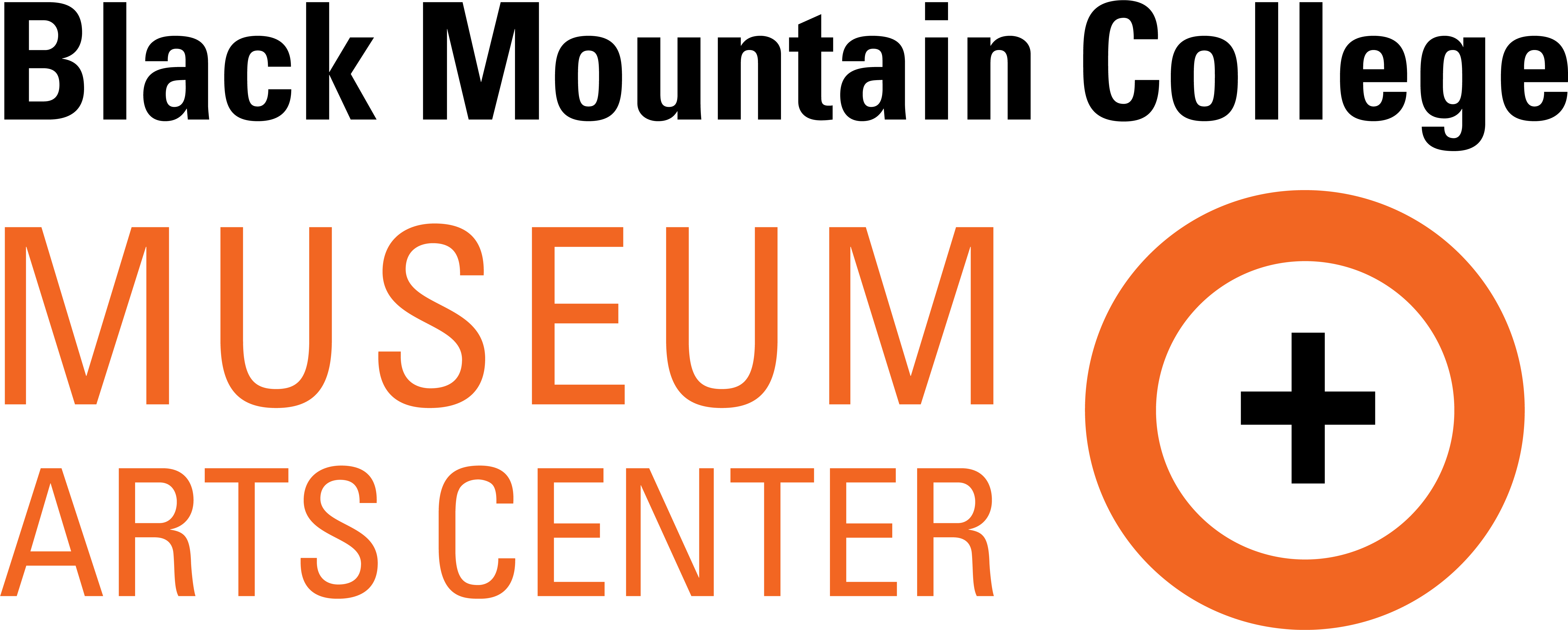John Stix
Sue Spayth and John Stix in Macbeth. Courtesy of Western Regional Archives.
FOCUS
Music
ROLE
Student
ATTENDANCE
1938 - 1942
BIRTH
1920-11-14
St Louis, MO
DEATH
2004-10-02
Hackensack, NJ
John Stix attended Black Mountain College from 1938-1942. One of the few students to survive the arduous graduation process, he graduated in music under Heinrich Jalowetz. In St. Louis, Stix attended the progressive John Burroughs High School.
His family heard about Black Mountain after reading Louis Adamic’s article "Education on a Mountain." Stix recalled that Harvard was the family school and that permission to attend Black Mountain was given only after he had applied to and been accepted at Harvard. Initially Stix was interested in theater and took part in many productions including Macbeth, in which he had the lead role, John Gabriel Borkman, and The Cherry Orchard. Increasingly, however, he was drawn to the music program and the teaching of Heinrich Jalowetz and John Evarts.
For his thesis he wrote a comparison of two Verdi operas based on Shakespeare’s Othello and Macbeth. He also was interested in photography and recalled that Josef Albers, whose studio was just down the hall from Stix’s study, would critique his student work.
During World War II Stix served in the Signal Corps in the United Kingdom, France and Germany. After a year in New York where he worked on a movie Dreams That Money Can Buy, he attended Yale University for his M.F.A. degree in Drama.
In New York Stix made his directing debut with an off-Broadway production of August Strindberg’s The Father, an off-Broadway hit. Stix recalled that rave reviews in the Sunday New York Times, unusual at the time for off-Broadway, enabled the company to get Equity contracts for the actors and helped establish off-Broadway as legitimate theater.
Helen Hayes asked Stix to direct a production of James M. Barrie’s Mary Rose for which she was producer. He subsequently directed her in Joshua Logan’s The Wisteria Trees and James M. Barrie’s What Every Woman Knows, a production chosen to open the Huntington Hartford Theater in Los Angeles.
Stix also directed the Off-Broadway hit Family Business; the Roundabout Theatre revival of The Dark at the Top of the Stairs; the Broadway revival of Arthur Miller’s The Price and Alan Paton’s Too Late the Phalarope. From1970-73 Stix was Artistic Director of the Baltimore Center Stage where he directed fourteen major productions.
The musical Park and Slow Dance on the Killing Ground with Billy Dee Williams were moved to New York. Stix directed productions on the "Omnibus" series for television. Film credits include director of Steve McQueen in The Great Bank Robbery and the screenplay from Elia Kazan’s novel, The Assassins. Stix was one of the first directing members of the Actors Studio and worked with Lee Strasberg on the organization of the Lee Strasberg Theatre Institute.
Since 1973, Stix taught drama at the Juilliard School.
Biography written by Mary Emma Harris for the Black Mountain College Project.
Courses Taken
Fall 1938-1939: Dramatics II with Wunsch, Introductory German with Moellenhoff, Readings in Literature with Kurtz, Introductory Biology with Moellenhoff, Bach Chorale Seminar with Sly, Orchestra with Sly, Topics in Recent History withBarnes, Music Seminar with Surrette, Wind Quartette with Sly.
Spring 1938-1939: Introductory German and Introductory Biology with Moellenhoff, Acting and Directory with Wunsch, Readings in Literature with Kurtz, Orchestra with Sly, Wind Quartette with Sly, Music Seminar with Surrette.
Fall 1939-1940: History of the Drama with Thurman, Horn Lessons with Jalowetz, Play Production with Wunsch, Music II with Evarts, Introductory Spanish with Mangold, Werklehre with Albers, Orchestra with Jalowetz.
Spring 1939-1940: History of the Drama with Thurman, Play Production IIIwith Wunsch, Music II with Evarts, Werklehre with Albers, Horn Lessons with Jalowetz,and Orchestra with Jalowetz.
Fall 1940-1941: 19th Century English Essay with Kurtz, Play Production II with Wunsch, International Relations with Babcock, Introductory Psychology withFrench, Chorus and Orchestra with Jalowetz, Dramatic Literature Tutorial with Wunsch, First Aid with Straus.
Spring 1940-1941: Music with Evarts, Social Psychology with French, Ear Training and Keyboard Harmony with Evarts, First Aid with Straus, Horn Lessons with Jalowetz, Piano Lessons with Evarts, Shakespeare Tutorialwith Barnes, Orchestra andChorus with Jalowetz, and Advanced Dramatic Production with Wunsch.
Fall 1941-1942: Music III with Jalowetz, Counterpoint with Jalowetz, Cervantes with Mangold, Sight Reading with Nelson, Philosophical Classes with Straus, Harmony Tutorial and Chorus and Ensemble Music and Horn Lessons and History ofMusic Tutorial all with Jalowetz.
Spring 1941-1942: Music III and Counterpoint and A Cappella Chorus andChorus and Ensemble Music and 16 thto 19th Century Music Tutorial and Horn Lessons all with Jalowetz, Philosophical Classics with Straus






